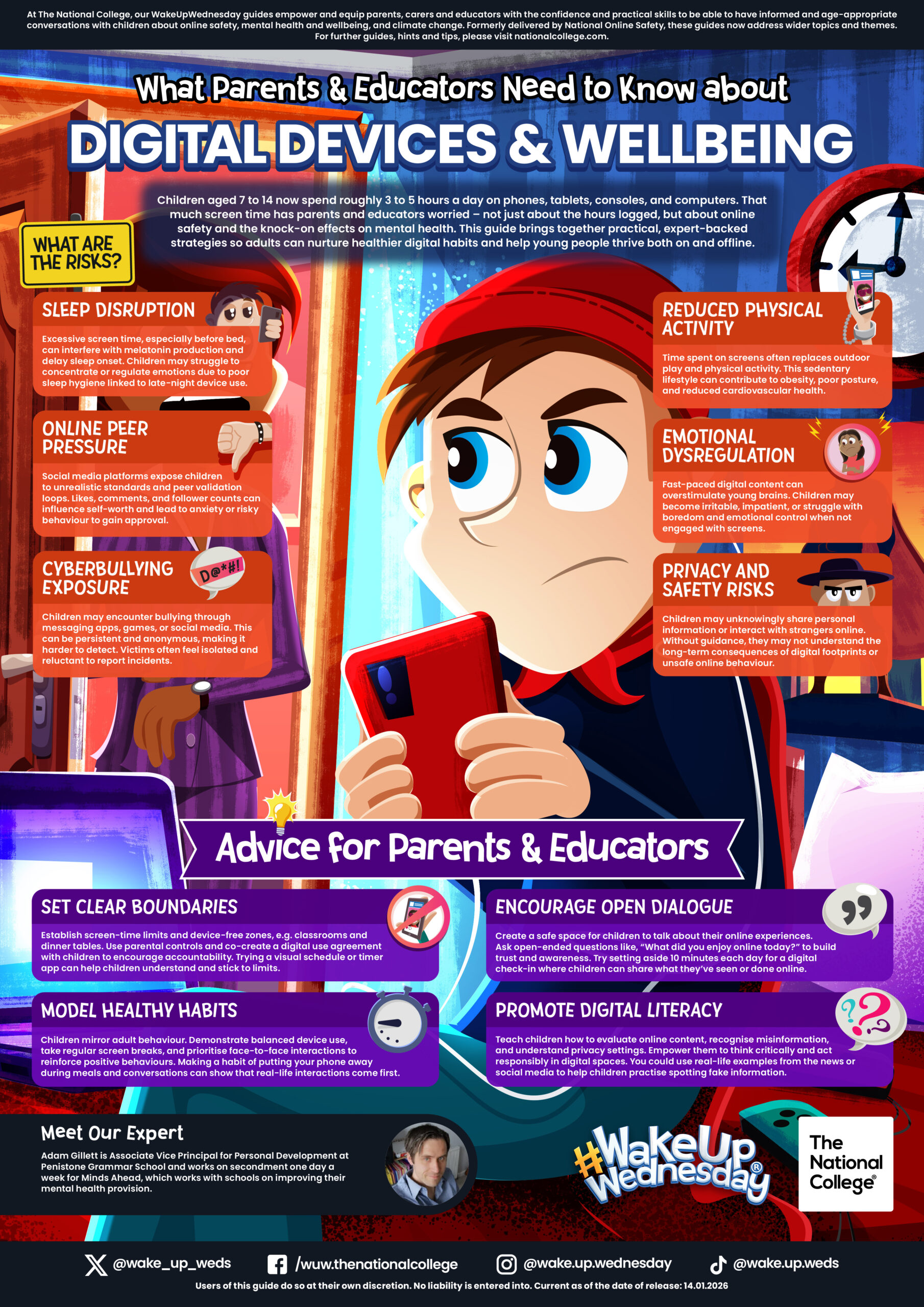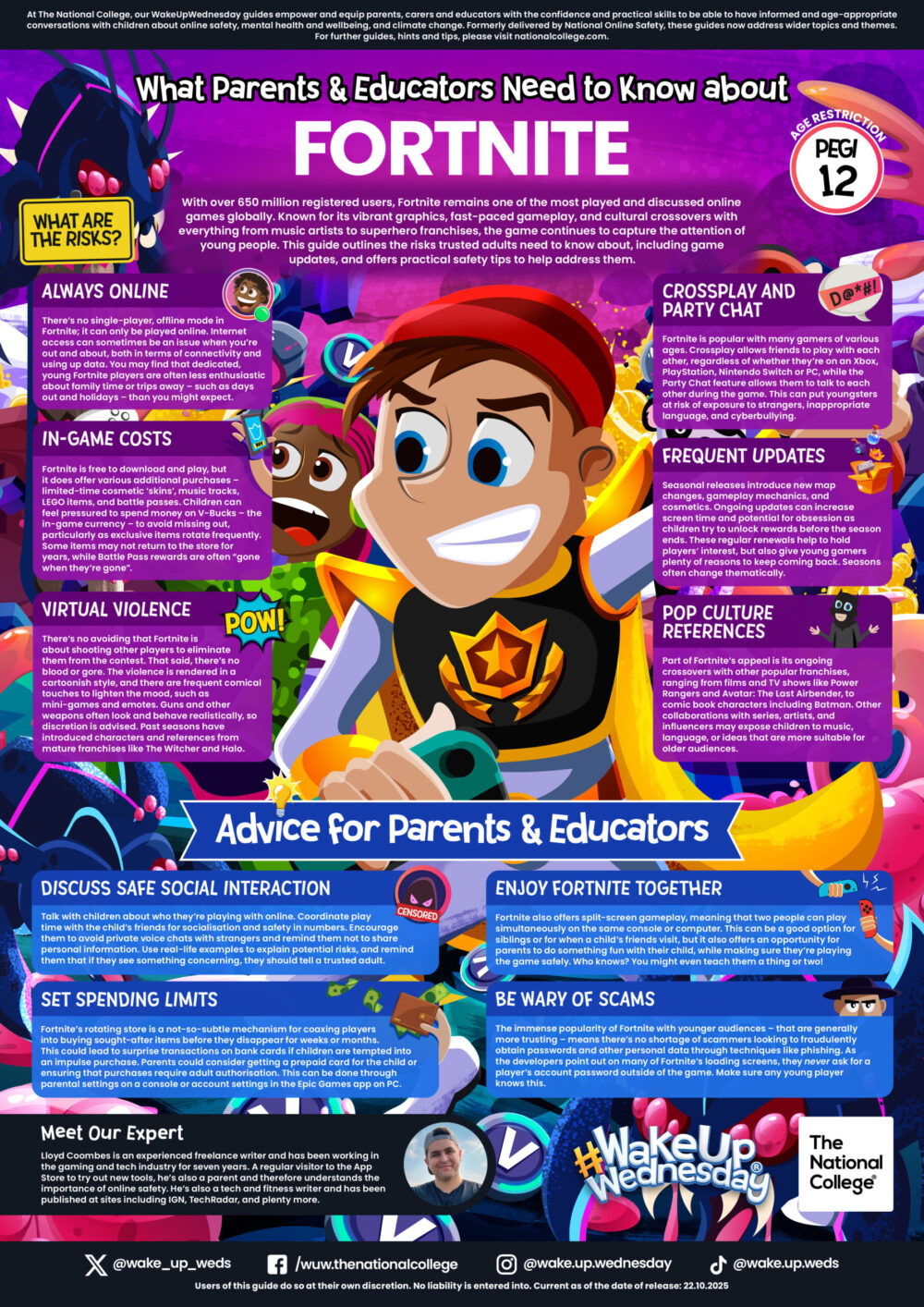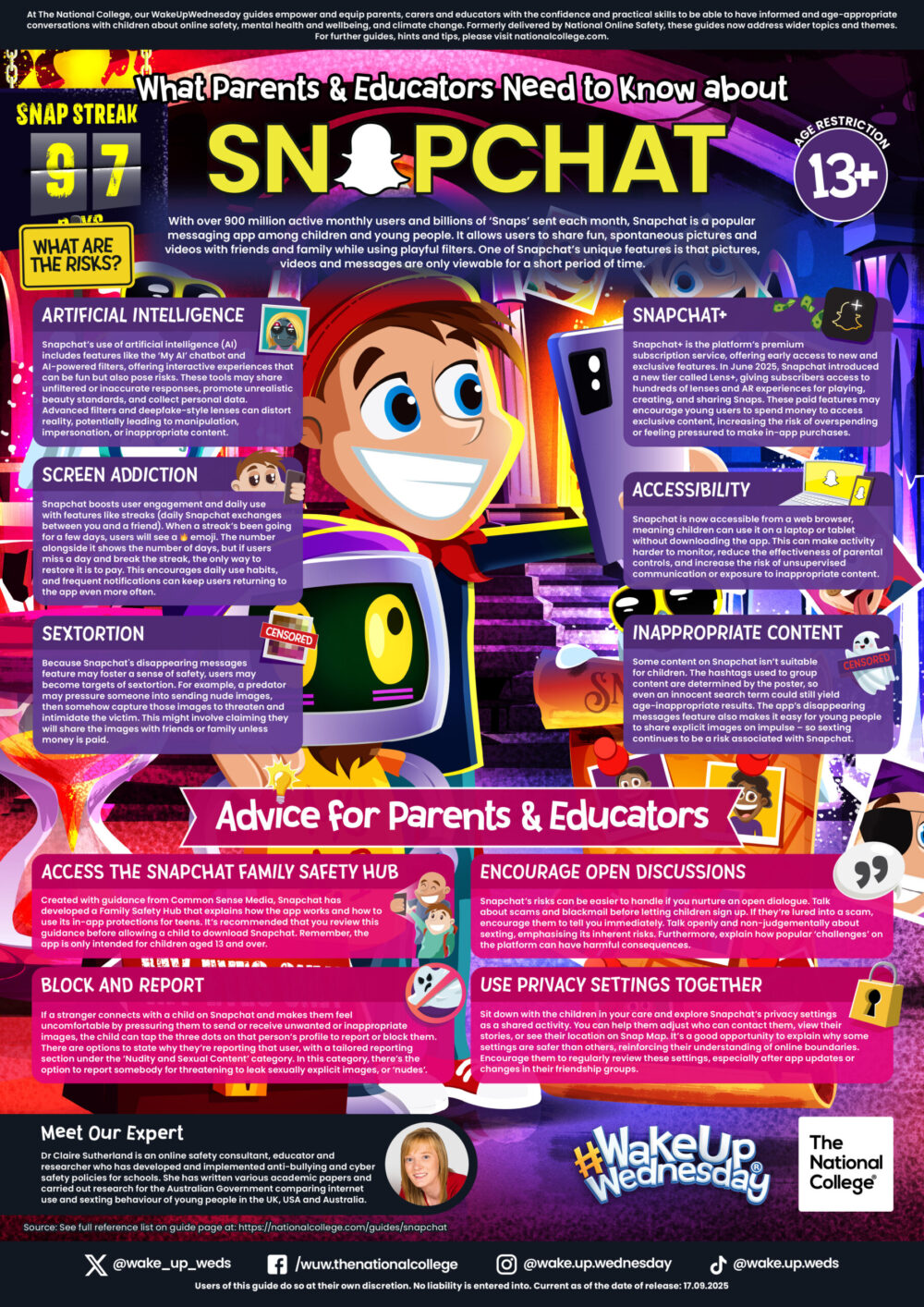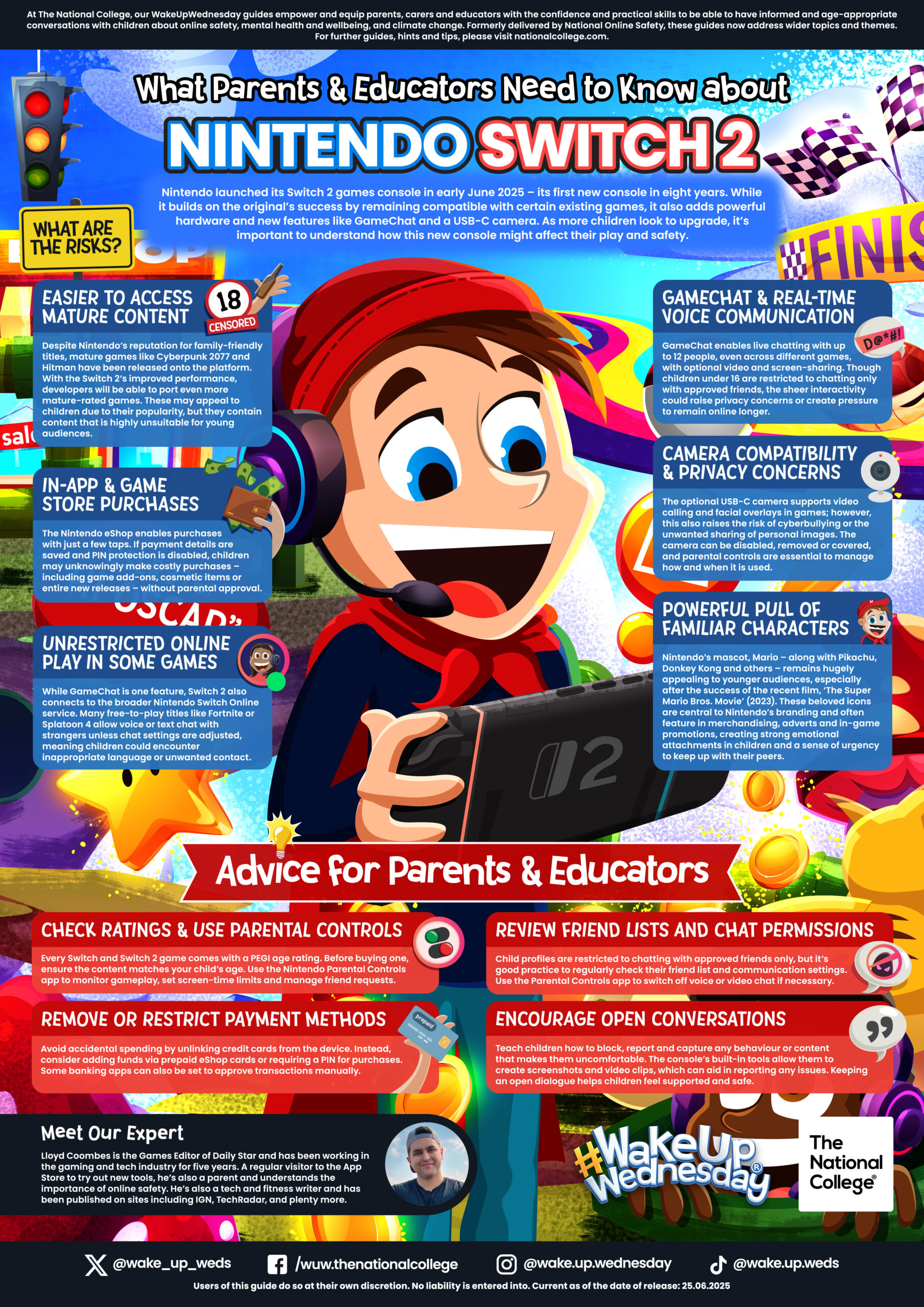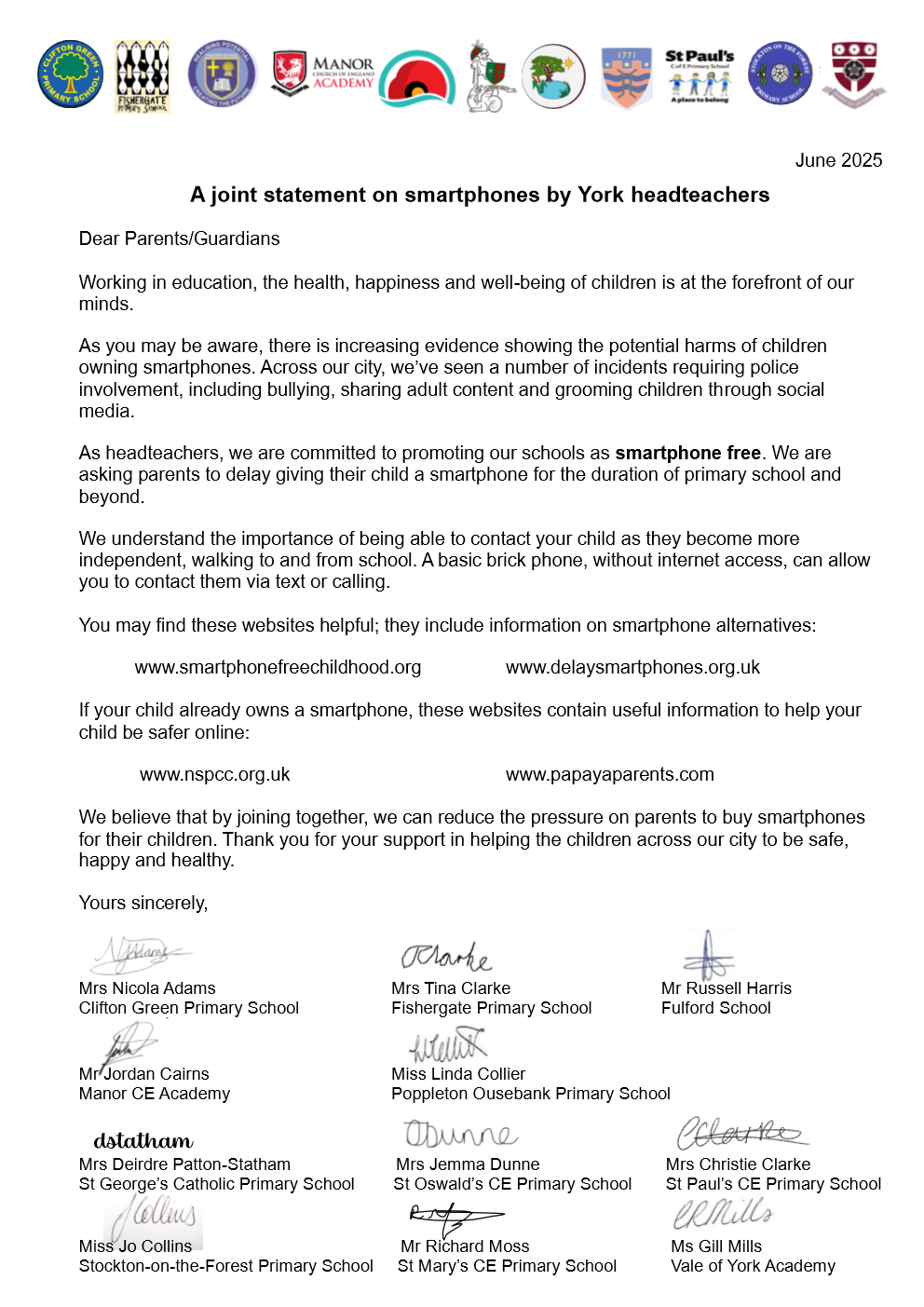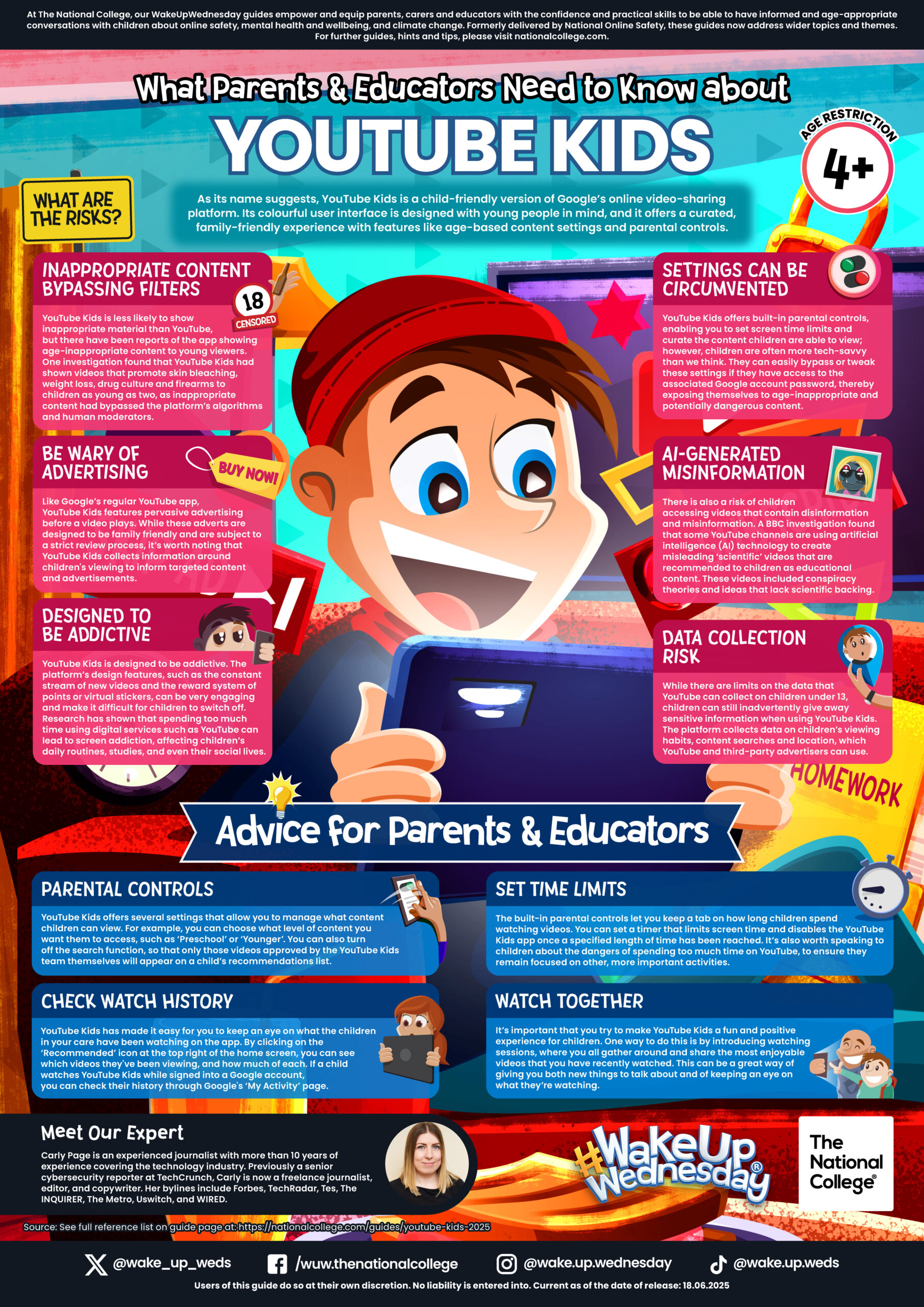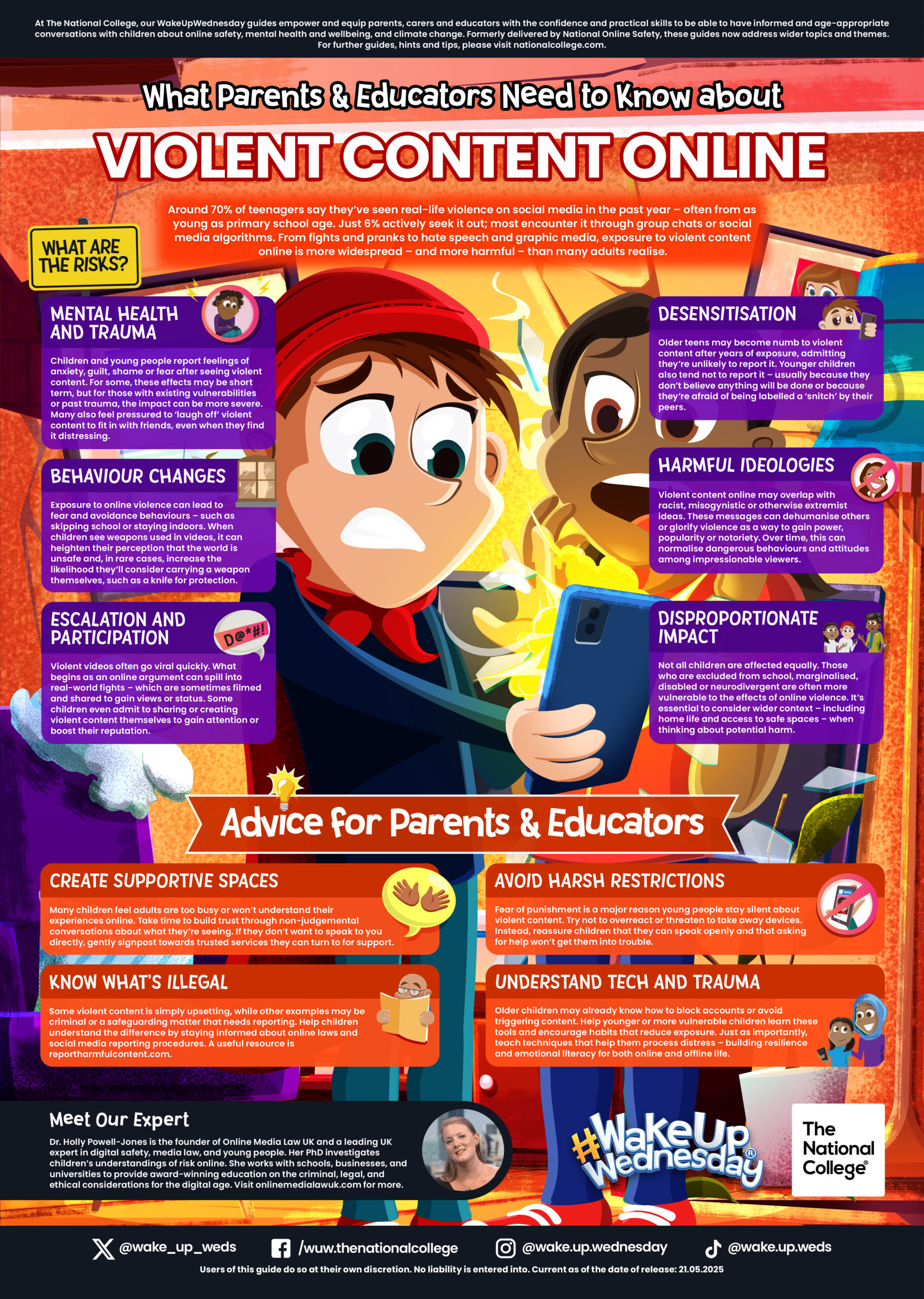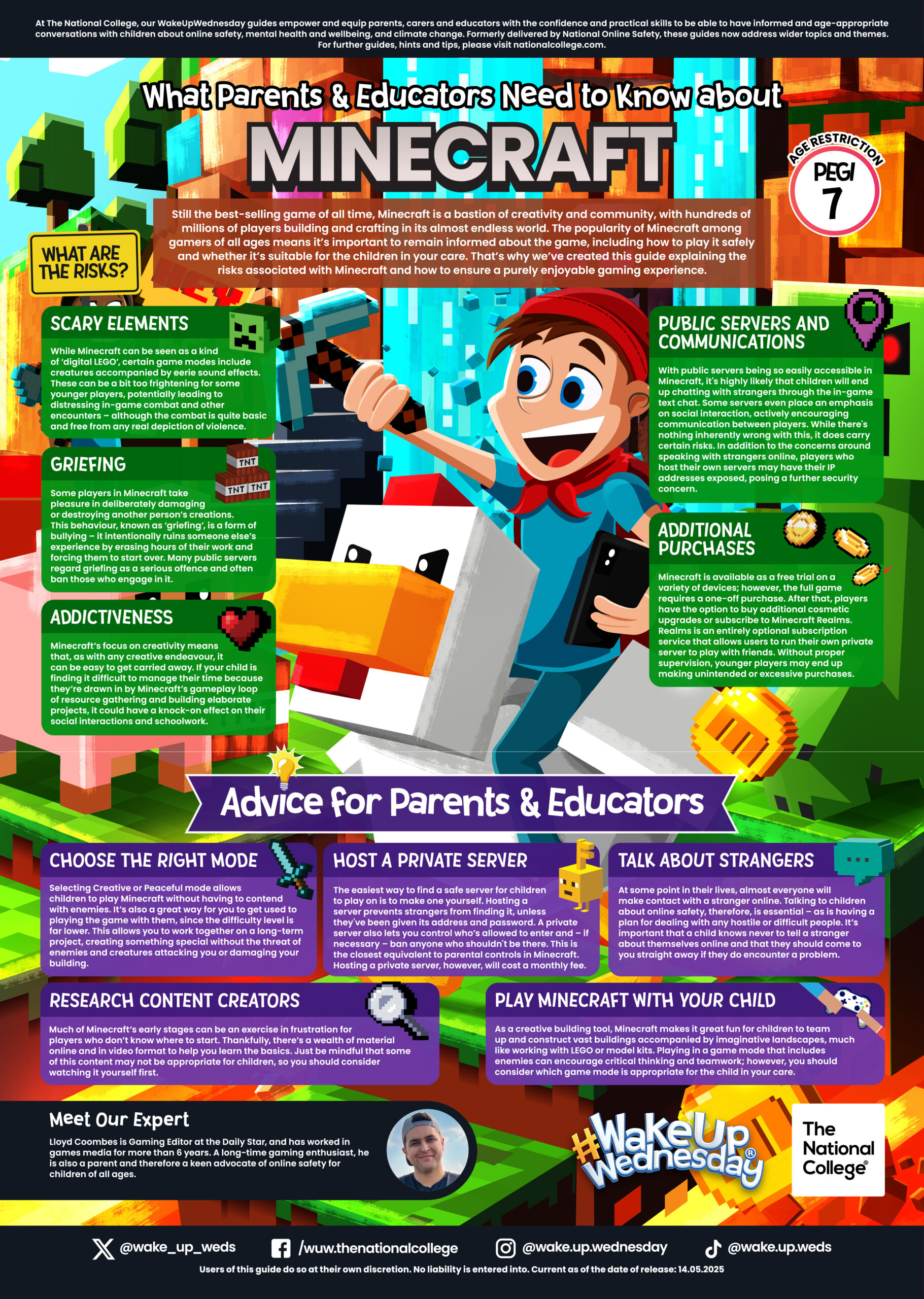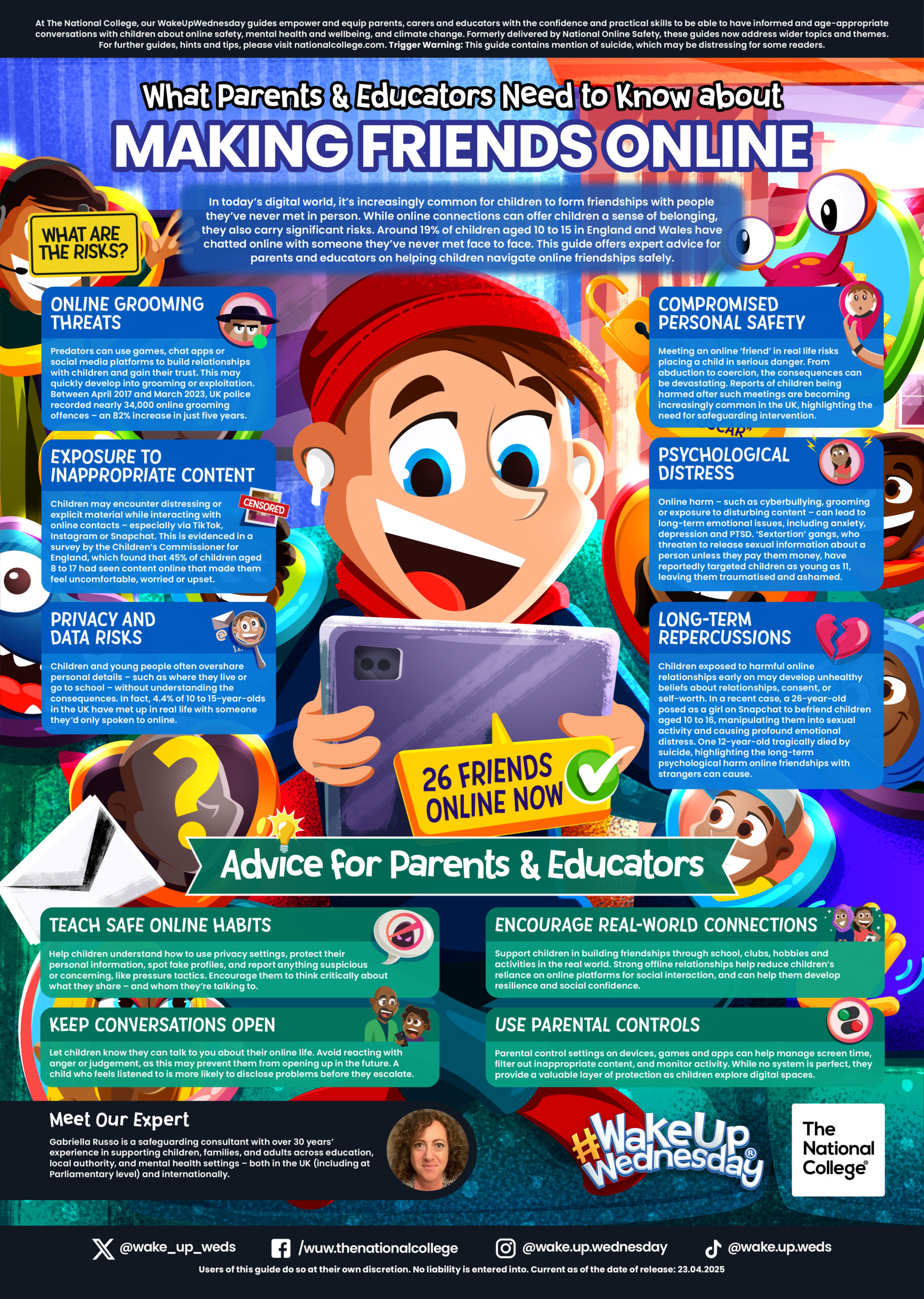- 28.75 hrs per week, term time only
- Grade 4, Levels 1-4
- £25,114 to £26,319 per annum fte (reduced pro rata)
- £19,514 – £20,451 actual
- Generous Local Government Pension Scheme
A rare opportunity has arisen for a full time Teaching Assistant (Level 2) position at Lord Deramore’s Primary School in Heslington.
Lord Deramore’s is an outstanding one-form entry LA maintained school, situated next to the University of York. Founded in 1795, it is oversubscribed and has a long-standing reputation for providing children with a creative, diverse and inclusive education.
We are looking for an experienced colleague to join our happy school, where “staff morale is very high” and where “staff are rightly proud to work at Lord Deramore’s Primary School” (OFSTED, 2023). If you are appointed to our team, we wholeheartedly promise to look after you, value you and support your continuous professional development.
This is a 28.75hr per week term time only contract commencing as soon as possible. Working pattern to be ideally 8.30am to 3.15pm Mondays to Fridays, with a one hour unpaid lunch break each day. Please note that working days and pattern may be negotiable for a truly exceptional candidate so please do still apply if you would only consider the role on a part time or more flexible basis. There is also the possibility of increasing to 31.25hrs to include some lunchtime duty.
Initial deployment would likely be working in our Early Years and KS1 classes (4 to 7 year olds). Experience and knowledge of early years, play based learning, phonics, speech, language and communication, autism or emotional literacy support would be highly beneficial.
The school is committed to safeguarding and promoting the welfare of children and young people and expects all staff and volunteers to share this commitment. We require the successful applicant to undertake an enhanced Criminal Record check via the Disclosure and Barring Service.
This post is subject to the Childcare (Disqualification) Regulations 2009 and as such shortlisted candidates will be asked to complete a Disqualification Declaration. Any information supplied will be discussed at interview.
Visits to the school are warmly welcome. Please contact the school office via office.ld@york.gov.uk if you would like to attend a tour of the school and speak with Mr Rourke (Headteacher) or Mrs Carr (Deputy Headteacher/SENDCO).
A Support Staff Application Form is available to download here or can be requested by contacting the school office. Completed application forms should be emailed to the school office via office.ld@york.gov.uk.
Please note that we are only seeking experienced colleagues who currently (or have previously) worked in a school or nursery setting.
In your supporting statement, please include the following information:
- Notable skills, experience and qualifications (related to the role)
- Your reasons for applying for this role and at our school
- Why you would be a great addition to a happy, successful, positive and professional staff team
- If you are applying for the full time position or wish to be considered on a more flexible or part time basis
Proposed recruitment timeline (subject to change):
- Deadline: Sunday 1st March at midnight
- Shortlisting: Monday 2nd March
- Interviews: Monday 9th March
The successful candidate will benefit from a generous Local Government Pension Scheme.

